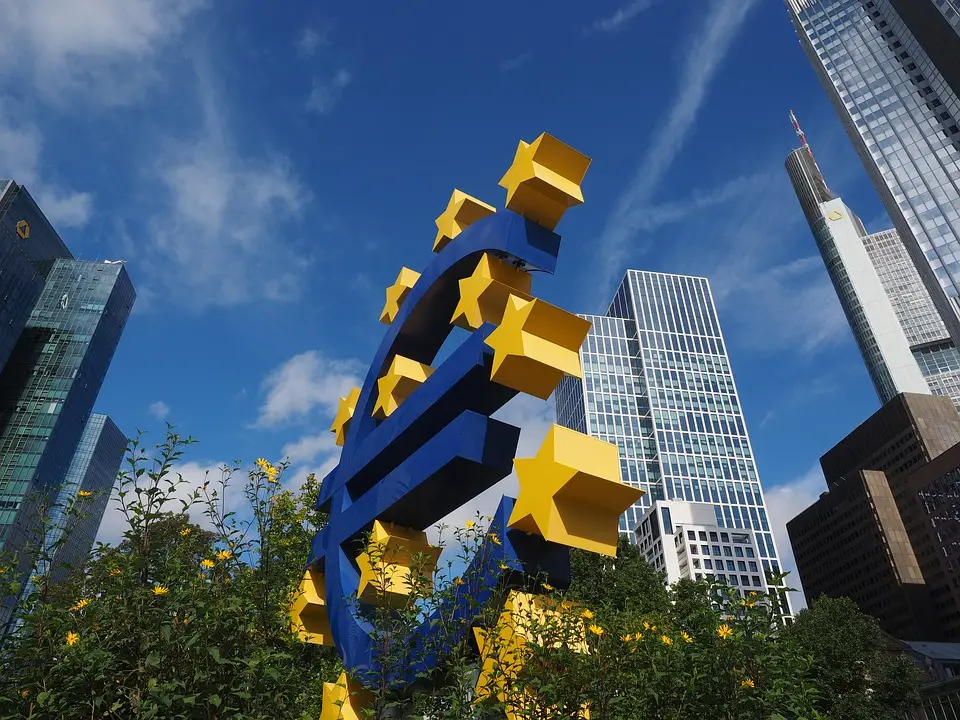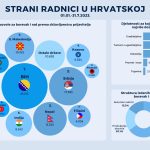
Full-scale reforms and deep cuts from the public and the state to local government units are the last chance for Croatia’s prosperity, and 22 billion euros of coronavirus aid and entry into the Eurozone are not so much a gift but a concrete demand for Croatia to finally put its house in order.
As Poslovni Dnevnik/Vladimir Nisevic writes on the 21st of July, 2020, we’re now in the coronavirus-dominated “new normal” and the fact that Prime Minister Andrej Plenkovic is returning from Brussels with 22 billion euros in aid has reactivated idea that we can all just sit back and relax because the European Union with its money sack is coming. It’s reminiscent of the times when it was the norm to live with debt, stabilis it a little, play around a bit geopolitically, and then the dollars and marks came whenever they were needed.
This and such a mentality, at least subconsciously if not on a tangible level, has misled us many times in thinking that the state will simply manage to solve everything and that these much-needed euros will arrive from somewhere.
What will the situation be now? 22 billion euros are coming as part of a coronavirus aid package, and the question of all questions is – does Croatia even what to do with that sum? It isn’t really a question of does Croatia know how to spend it all, launch various meaningless projects or increase the number of bureaucrats needed for the most simple of decisions, but rather whether we ourselves know, with or without the European Union or anyone, else what we want?
Whoever thinks that money from the European Union comes as a gift because of the gorgeous Croatian coast or the green fields of Slavonia, is very wrong indeed. This coronavirus aid money comes with clear and precise requirements that many will certainly not like.
Politically, it will be much easier to hide behind the European Commission in terms of requests for grants, but also the introduction of the euro, than to say clearly and loudly that reforms, and proper onesm are the last chance for this country.
Plenković really has a unique opportunity to put the country in order, but whether he will succeed remains to be seen. The cuts needed should be many and they should be very extensive – from the healthcare sector to the public one, and from the state down to local government units.
There will have to be clear guidelines for agriculture to tourism because the coronavirus crisis in Croatia didn’t cause the collapse of the economy but it did bring the fact that the Croatian economic ‘system’ is well and truly unsustainable to light.
Through 30 years of Croatian independence, the country has slowly but surely become a country of rentiers and buyers. The responsibility is on everyone regardless of their political colours. Export and production didn’t appear according to some sort of in depth plan but by chance, through the efforts of individuals, and for that, those individuals should be honoured because they didn’t only succeed in their efforts, but they also overcame Croatia’s loathsome, masochistic love of red tape.
Let’s just look at the beginning of the coronavirus crisis in Croatia and the cries of those in the hospitality industry at the moment of closure. Did anyone then wonder why the ones from the service industries were the loudest in the media when compared to others? Of course, Croatia relies heavily on tourism and hospitality, but there’s a bit more to it than ‘just’ that.
While the efforts of the IT sector-led UGP (Voice of the Entrepreneurs) seemed to make sense, their members are largely renters and business owners. They can’t be a pillar of the economy, they can only be a nice, shiny ornament at the top of very firmly developed economic bases – and that base doesn’t exist at all here in Croatia.
Innovation and development and production and agriculture receded long ago, living in the long shadows of apartments and shops for one simple reason – in a society without a plan, it is far easier to make quick and easy money than to invest and lose out on it for years and often profit when it is too late.
This is not only a disease of Croatia, but of all post-communist countries, because it isn’t possible to instill a capitalist way of thinking into someone’s brain overnight, and it seems to be a struggle even after decades since the end of the indoctrination of Croatia’s former regime.
However, the great crime of all political structures so far remains the fact that even in the free Western society to which we now belong, they have not shown more effort in educating and changing the mentality of those who come after us. There is no entrepreneurship or advanced mindset in schools, at least not in most schools. Raising children in the “semi-capitalist” system we have created is the worst thing that could have happened to Croatia.
Why? For the simple reason that if we have not taught the country’s children to start thinking entrepreneurially, through the development of work ethic and innovation, then we remain little more than a country of waiters and taxi drivers.
Yes, we need waiters, but the coronavirus crisis has shown that we certainly don’t need them in such numbers. It is similar with agriculture or any other branch – we need young, educated and above all innovative people who will take risks in a country with clear rules and who. when profiting off their efforts, will not feel the need to hide away because of the shame of their own well-earned success, but instead proudly and publicly set an example to all children. These 22 billion euros and entry into the Eurozone are an opportunity for Croatian society to step up to the mark once and for all.
For more, follow our politics page.








